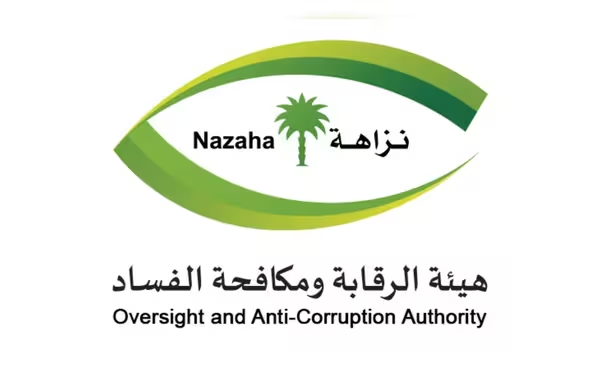Saturday, November 16, 2024 03:20 PM
Zakat, Tax, and Customs Authority Employees Arrested for Bribery in Rabigh
- Three employees arrested for accepting SR2,232,000 in bribes.
- Bribes facilitated smuggling of restricted petroleum products.
- Nazaha initiates legal action against involved parties.
 Image Credits: arabnewspk
Image Credits: arabnewspkThree Zakat, Tax, and Customs Authority employees arrested for accepting bribes in Rabigh, facilitating smuggling of restricted petroleum products.
In recent developments, the Zakat, Tax, and Customs Authority has found itself at the center of a significant corruption scandal. This incident highlights the ongoing challenges faced by authorities in combating bribery and smuggling within the Kingdom. The case involves three employees from the Zakat, Tax, and Customs Authority stationed at the King Abdullah Port in Rabigh, who have been arrested for allegedly accepting bribes from six residents.
The bribes, which totaled a staggering SR2,232,000 (approximately $594,814), were reportedly received in multiple instalments. In exchange for these illicit payments, the employees facilitated the smuggling and export of 372 shipping containers filled with restricted petroleum products, specifically diesel. This operation was further complicated by the use of commercial entities' names to mask the illegal activities.
The Oversight and Anti-Corruption Authority, known as Nazaha, has taken swift action in this matter. Legal procedures against the three employees and the six residents involved are currently underway, adhering to the established laws and regulations. This incident serves as a stark reminder of the importance of integrity and transparency within public service sectors.
Corruption not only undermines public trust but also poses significant risks to the economy and the safety of citizens. The actions of these individuals reflect a broader issue that needs to be addressed through stricter enforcement of laws and a commitment to ethical practices. As the investigation unfolds, it is crucial for the authorities to ensure that justice is served and that such incidents are prevented in the future.
The arrest of these employees is a critical step in the fight against corruption in the Kingdom. It emphasizes the need for vigilance and accountability in all sectors, particularly those that handle sensitive materials like petroleum products. As citizens, it is our responsibility to support efforts aimed at promoting transparency and integrity, ensuring a fair and just society for all.













